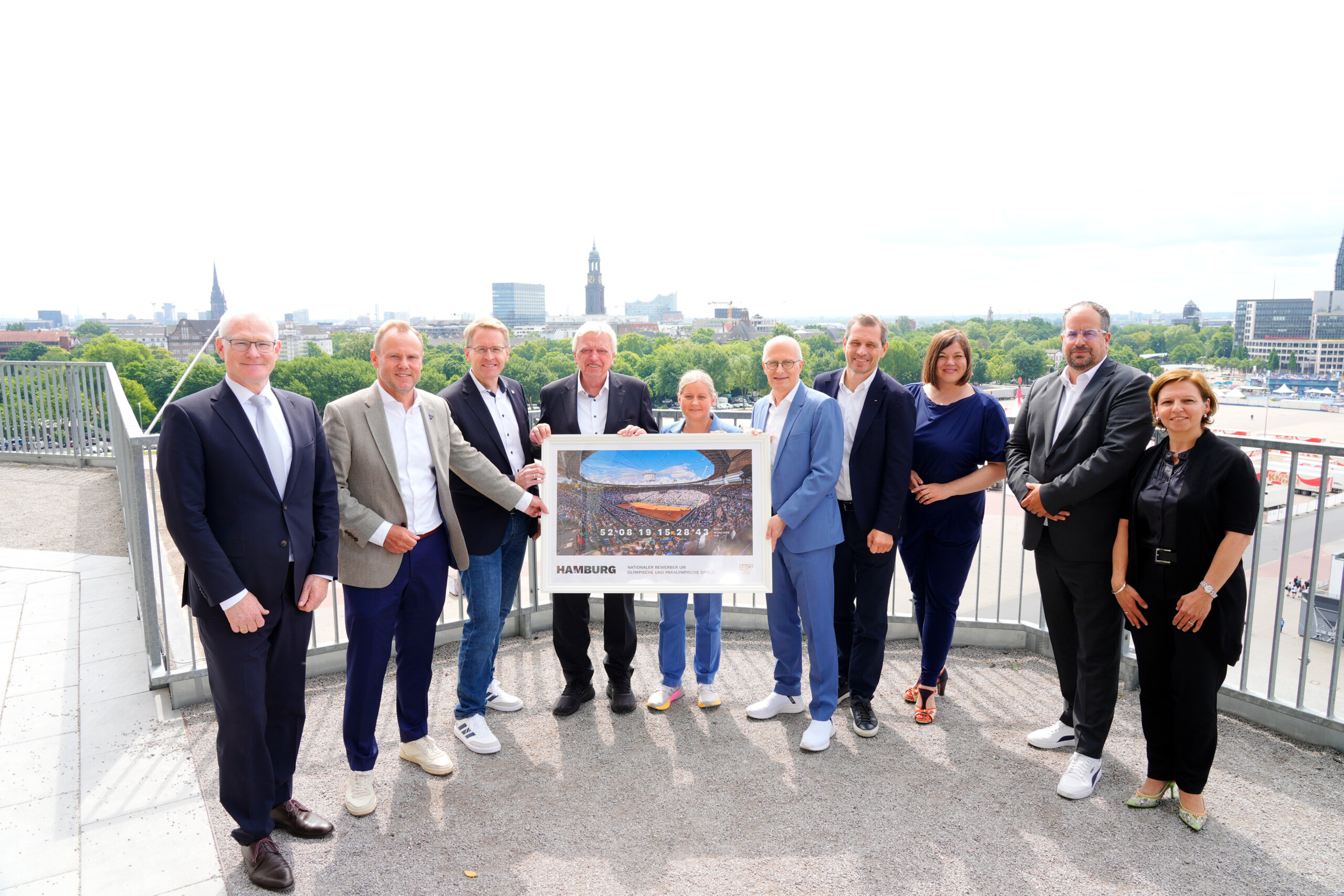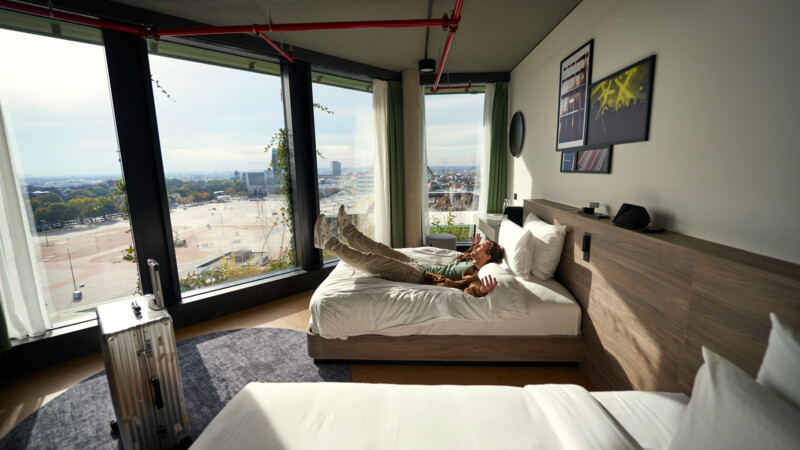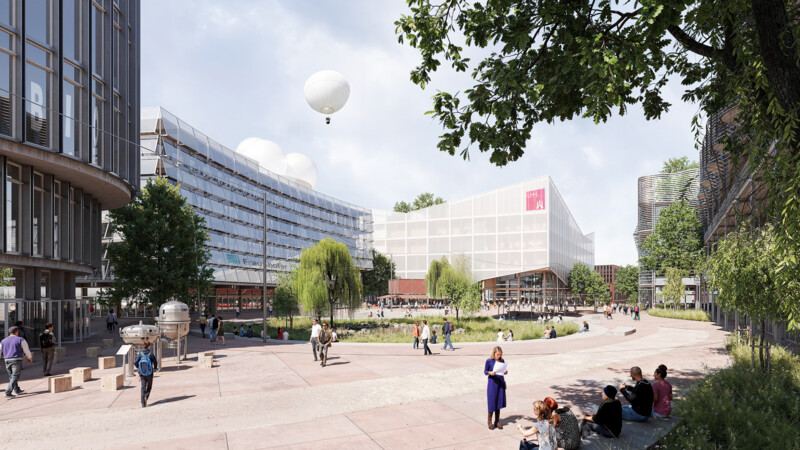"Hamburg is a sports-loving, active city. Our city and the neighbouring state of Schleswig-Holstein offer the best conditions for staging modern, sustainable Olympic Games," said Tschentscher. Under Hamburg's concept, the sports venues would become part of the cityscape making for a green city on the water with a festival atmosphere. Around 87 per cent of the venues either exist or have been earmarked for construction, and will only require temporary upgrades. Science City Bahrenfeld would become the Olympic Village. Most of the competitions would be spread across the two Olympic Parks in the City and Altona districts, which would also provide space for socialising, public viewing, exercise, and cultural activities. The sailing, handball and rugby contests would be held in Kiel, while three further stand-alone disciplines would take place in other nearby locations. Hamburg's bid also includes a sustainable mobility plan for short distances between the various competition venues. Around 82 per cent of Hamburg's sports venues will be within a seven-kilometre radius and easily accessible. This lends itself to cycling which will be strengthened and integrated into the transport network. Digital mobility services will be expanded and networked.
Hamburg is now among four German cities and regions vying to host the 2036, 2040 or 2044 Olympic and Paralympic Games. Peter Tschentscher, Mayor of Hamburg, Katharina Fegebank, Deputy Mayor of Hamburg and Daniel Günther, Prime Minister of Schleswig-Holstein presented the "Hamburg+" concept to the German Olympic Sports Confederation (DOSB) in late May. The concept highlights the use of existing and temporary venues for the various Olympic sports as well as short, fast routes and commutes. Under the plans, Science City Bahrenfeld would become an Olympic village thereby forging a vibrant link between science and sport. The plans also foresee a cutting-edge multifunctional arena with capacity for 60,000 specators. Hosting the Olympics is expected to spur innovation and business.
Science City Bahrenfeld possible Olympic village
Hamburg submits sustainable application
"Hosting the games can prove a catalyst for strengthening Germany as a business centre, for instance, in terms of infrastructure, digitalisation and sustainability," said Nobert Aust, President of the Chamber of Commerce Hamburg. All investments in sports should create sustainable added value for residents and lead to a more inclusive society. The Paralympic Games, in particular, could become a catalyst of this by expanding accessibility to transport and public spaces. "We will submit a very sustainable bid and use existing sports venues such as the Volksparkstadion, the Millerntor and the Barclaycard Arena," said Fegebank. "We want the people of Hamburg to benefit from the games. After the Olympics, our city would be even greener and better for everyone." And the modern and forward-looking urban part of Science City Bahrenfeld will become a permanent district for the international science community. The multifunctional arena in the Olympic Park Altona could become a venue for professional soccer matches, international sports, concerts or conferences post-Olympics.

Impetus for innovation, economic power and sports
The plans also foresee hosting events for athletes who have been eliminated from the competition. Young people from all over the world can meet young residents of Hamburg in the Olympic youth camps. In line with the Active City strategy, the aim is to establish sport and exercise firmly in citizens' minds and in everyday urban life and to improve the standard of living. "We will also use the games to stimulate innovation, economic clout and to promote sports throughout Germany, further embedding sport and physical activity in our society," said Andy Grote, Hamburg's Senator for Sports.
Apart from Hamburg, Munich, Berlin and Rhine/Ruhr have also submitted draft concepts for the Olympic and Paralympic Games. Hopes are now high that the population can be involved in the games. Hamburg also plans to hold a referendum in May 2026. The German Olympic Sports Federation (DOSB) will review the minimum operational requirements of each bid and in autumn 2026 will reach a decision on the concept to be submitted to the International Olympic Committee IOC for the 2036, 2040 or 2044 Summer Games. The next OIympic Games will be held in Los Angeles in 2028 and Brisbane in 2032.
mm/kk/pb
Sources and further information
More
Similar articles

Hamburg among top 52 destinations in 2025


